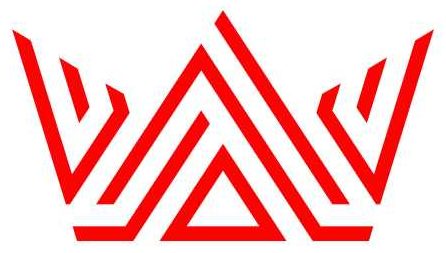Building a strong team is the backbone of any successful organisation. It’s not only about grouping people together but fostering an environment where they work symbiotically to achieve common goals. Here’s a comprehensive guide to corporate team building that will help your organisation flourish.
Corporate Team Building Guide
Creating a strong, cohesive team is paramount for any successful business. Team building activities can enhance collaboration, communication, trust, and morale among employees. When teams work together effectively, they can achieve their objectives more efficiently. This guide walks you through the key elements of corporate team building.
Understanding Team Building
Team building is the process of turning a group of individual contributing employees into a cohesive team—a group of people organized to work together interdependently and cooperatively to meet the needs of their customers by accomplishing their purpose and goals.
Why Invest in Team Building?
- Promotes Better Communication – Effective communication is crucial for the success of any team.
- Increases Productivity – Team building can streamline processes by enhancing collaboration and efficiency.
- Boosts Morale – Fun and inclusive online team building events increase job satisfaction.
- Encourages Creativity – A diverse team working well together can spark creative and innovative ideas.
- Builds Trust – Trust is the foundation of effective teamwork. Team building helps to foster relationships and understanding among members.
Planning Team Building Activities
Identify the Goals
Start by defining what you want to accomplish. Do you want to improve communication, increase trust, motivate employees or encourage creativity? Set SMART (Specific, Measurable, Achievable, Relevant, Time-bound) goals for your team building initiatives.
Know Your Team
Understanding the dynamics of your team, including their likes and dislikes, their work styles, and personalities, will help you tailor activities that are both engaging and effective.
Choose the Right Activities
Select team building activities that align with your goals and are suitable for your team members. Activities can range from simple icebreakers to complex problem-solving tasks or outdoor physical challenges.
Schedule Regularly
Team building should not be a one-time event. Schedule regular activities—such as quarterly off-site retreats, monthly team lunches, or weekly team-building exercises—to maintain and develop team dynamics.
Diverse Activities for Diverse Teams
Offer a range of activities catering to differing preferences and abilities in your team. This inclusivity ensures everyone can participate and benefit from team building.
Team Building Activities Examples
Ice Breakers
- Two Truths and a Lie: Each person shares two truths and one lie about themselves; the team has to guess which one is the lie.
Communication Exercises
- Back-to-Back Drawing: Pairs sit back-to-back with one describing an image and the other drawing it, showcasing the importance of clear communication.
Problem Solving
- Egg Drop: Teams construct a device out of set materials to prevent an egg from breaking when dropped from a height.
Trust Building
- Trust Falls: Participants fall backward, relying on a teammate to catch them, physically demonstrating the element of trust.
Creativity and Innovation
- Shark Tank: Teams pitch an innovative product or service to a panel of ‘sharks’ to practice persuasion and creative thinking.
Follow-Up on Team Building
Debrief
After each team building activity, hold a debriefing session. Discuss what was learned, how it can be applied at work, and allow team members to express their thoughts on the exercise.
Measure Progress
Revisit your SMART goals periodically to assess the impact of the team-building activities. Adjust your strategy and activities based on feedback and results.
Encourage Continuous Teamwork
Encourage your team to continue building relationships and working on their collaboration skills outside of organized team-building activities. This ensures the benefits are long-lasting and integrated into the company culture.
Celebrate Success
When the team achieves its goals, celebrate the success. Recognizing collective achievements reinforces the value of teamwork and motivates employees.
Conclusion
Effective team building is not just about having fun. It’s about fostering a supportive work environment, enhancing productivity, and making the workplace a more enjoyable place to be. With the right planning and execution, team building can be a powerful tool to unlock your team’s full potential.

